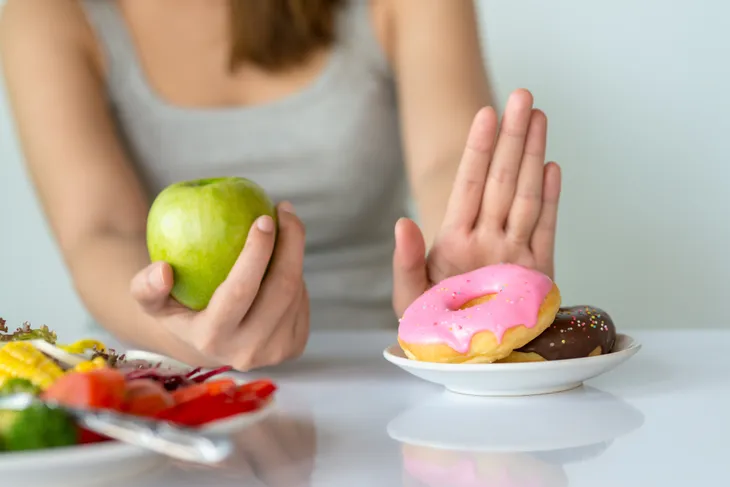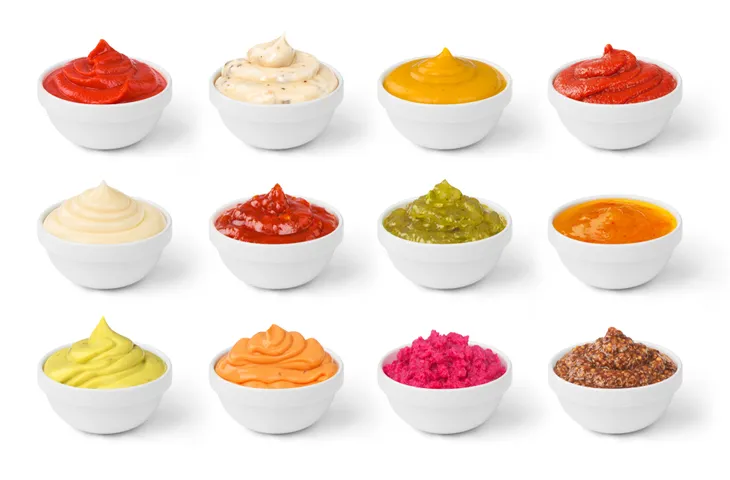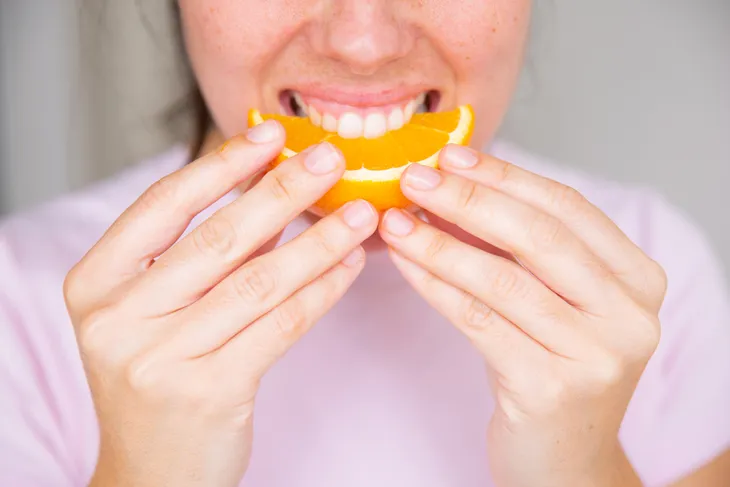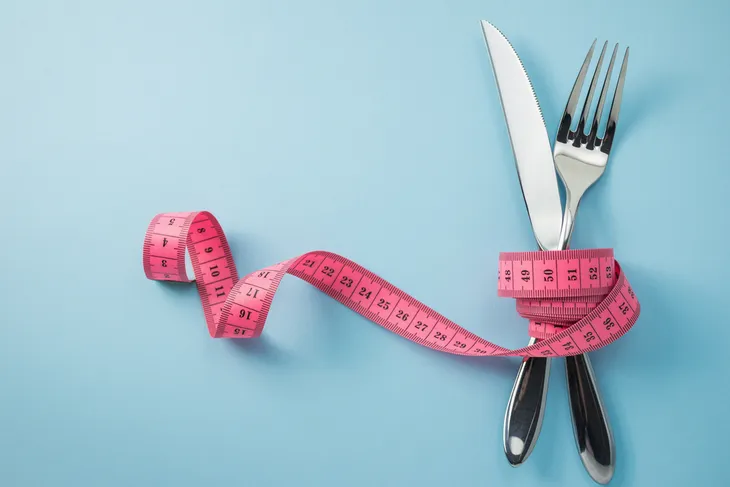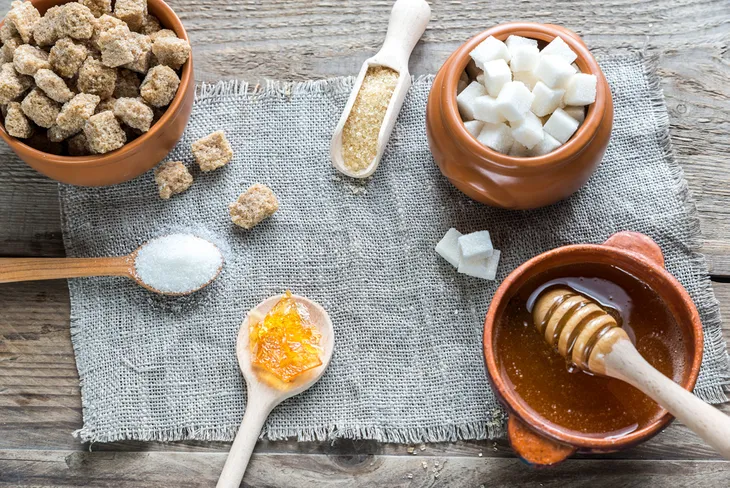eWhile there are many factors that have contributed to our “global obesity epidemic”, from stress and lack of sleep to processed food, it’s also clear that sugar has played a large part in the widening of the worldly waistlines. From journalists to researchers there have been many books written on the negative health impact of sugar. Dr. Robert Lustig, researcher and author of “Fat Chance”, has been very outspoken on the subject of sugar and illness suggesting that as sugar consumption rose through the introduction of processed food, so did the chronic disease and obesity rates.
We now hear more reports in the media of people swearing off the white stuff and overcoming their addiction or reliance on sugar than ever before. If this maybe something of interest, may we offer 11 considerations before embarking on the path to freedom from sugar…
Start Slowly
Sugar, just like any drug, can lead to addiction. In fact, research is starting to examine the strong influences sugar has on our eating behavior and food choices. Brain studies have revealed in some ways sugar can be as addicting as drugs.
Creating a plan of action may be the first step. We may be inclined to eliminate sugar altogether, but it may be in our best interest to start with a reduction in refined sugar to avoid sugar withdrawal. Instead of two sugary drinks a day, cut down to one; instead of adding sugar to cereals, beverages, and cooking, think about cutting back. If we are successful at doing this, the next steps of elimination may not be as painful.
Focus on Whole Foods
The average North American consumes approximately 23 teaspoons of sugar every day. The culprits may not be the sugar they can see, but the sugar that is hidden in most processed foods items we buy every day. From salad dressings and ketchup to soups and lunch meats, if one were to check the amount of sugar per serving, one would understand how we can ingest 23 teaspoons of sugar a day.
Whole foods are defined as foods that rot within a week, that don’t have a package, or foods that our ancestors would recognize as food. Vegetables, fruits, or anything with less than a few ingredients (and ingredients we can pronounce) are whole foods. Whole foods are low in sugar or naturally occurring, like fruit. By adding more whole foods and reducing our process food intake, we will be successful at lowering our sugar intake significantly.
Chose Water
It is all too common for sodas, hydration drinks, or fruit juices to be offered at meal time and is the drink of choice for many. Given the high amount of sugar in these beverages, choosing water over any other beverage will most certainly reduce our sugar intake.
For those that dislike the taste of water or find it boring to drink, using water bottles with infusers built in may take the blah out of drinking water. Placing orange or lemon slices in a water bottle or jug may also add a bit of zing to water while we decrease our consumption of sugary beverages.
Watch the Sauce
We can commit ourselves to eating more salads for lunch and dinner but still consume a high amount of sugar in the dressings and sauces we choose. From salad dressings to BBQ sauces, the amount of sugar per serving can be quite steep and have a huge influence on our daily teaspoons of sugar. So what is a saucy person to do?
There are three choices to be made when deciding how far to go in our quest for sugar freedom. The first (and most laborious) option is taking the time and energy to make our own sauces with healthy, whole ingredients. The second may include reading each label and choosing a product with the lowest sugar per servings or, third, choosing not to sweat the small stuff. Either way, awareness is the key and where we go from there is up to us.
Focus on Fruit
Fruit (and many vegetables) come with their own naturally occurring sugar; fructose. While eating ten apples a day may lead to weight gain over time, enjoying the natural sweetness of a piece of fruit may help curb our sugar craving while delivering a healthy dose of fibre at the same time. It is important to keep fruit consumption in moderation, but fruit is a healthful choice for our sweet tooth.
On the other hand, fruit juice may be the equivalent of a soda, but without the fizz. Don’t be fooled by the latest trends in juice bars popping up in our neighborhoods. Although juice comes from a whole, healthy source, it is delivering the sugar without the fiber while lacking the nutritional punch that only a whole fruit can deliver.
Don’t Become Consumed
It is a fact that eating disorders can develop from one’s innocent and well-meaning attempt at dieting. When it comes to restricting food or cutting out a food item (such as sugar) it can quickly turn sour as we find ourselves scouring every ingredient in every food item or declining invitations out fearing we won’t know what is in the food being served.
Orthorexia is a term given to a subclinical form of eating disorder where we become obsessed with healthy eating to the point of social isolation and fear of food. Although it is noted that a reduction in sugar is good for our health, it is also important to enjoy our food at the same time. Finding a balance between health and enjoyment is the key and is different for everyone.
Be Forgiving
Most of us assume that once we put our minds to something, change will come sooner than later. Who wants to wait days, weeks, and even months for a change to happen? Unfortunately, this impatience can lead us to give up way too soon.
Change can only be successful when we begin to learn from our lapses. We have to learn how to accommodate for the barriers that will be placed in front of us. There are going to be times when we fall off the wagon, but the key is to learn from each experience to help avoid the same thing happening again.
Find Replacements
Our mothers may have told us to choose an apple instead of a chocolate bar, but who was she kidding? How is an apple going to ever replace a chocolate bar? The key to sugar reduction is finding food replacements that may offer the same joy as a chocolate bar, without the high servings of sugar.
For example, mixing coconut oil with cocoa and adding honey or agave syrup can make a great home-made chocolate (add a bit of natural peanut butter and we will never have to buy another nut butter cup again). Social media sites can offer many great recipes for the sugar free lifestyle that don’t necessarily have to taste like cardboard.
Plan for the Holidays
There is no harder test of inner strength than getting through the holidays sugar free. Perhaps it is an impossibility, perhaps one must have months of practice before sugar season hits, but either way it’s going to be tough work navigating the baking and sweetness of the season.
To ensure a greater chance of success sticking to our sugar-reduced lifestyle, the trick is to plan for as many tempting situations as possible. This may mean bringing some of our own sweet replacements or staying away from the treat table. It may also mean giving ourselves “permission” to enjoy our favorite holiday treats and get back to the healthier lifestyle later.
Know Our Limitations
How many of us, when shopping for groceries, come across a bag of candies we know our family will appreciate, only to be the ones who eat them in the end? Baking treats for the family can be a great way to show our love for them, but it can also be riddled with landmines if we are unaware of our limitations.
If we know we can’t be in the same room with a cake without devouring most of it, don’t bring the cake inside the house. If we can’t be trusted with junk food in the house, the best thing to do is avoid buying it or keep it under lock and key (and give the key to someone else). Being honest with ourselves is a great start to living the sugar-reduced lifestyle and will provide us with less opportunities to fall (head first) off the wagon.
Don’t Forget to Enjoy Food
Sometimes an apple will never replace the joy we get from eating a high quality chocolate bar or piece of cake. It is very common to lose sight of food enjoyment and pleasure in the name of health. Life is too short to a eat gluten free, sugar free, wheat free, vegan birthday cake without risking a fun free celebration. Food is there to enjoy so we must find a healthy balance between eating for our health and loving what we eat.
If we impose strict rules onto our eating, we will soon find ourselves binging on a carton off ice cream instead of just a small bowl. If we restrict our “fun” foods to one day of the week, we may be inviting binge eating (and the cycle of shame, guilt, and self-hate that goes with it). Health is about moderation, and not restriction.
 Shutterstock/Drazen Zigic
Shutterstock/Drazen Zigic
